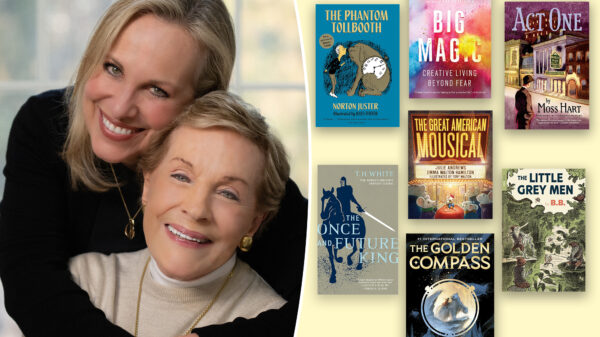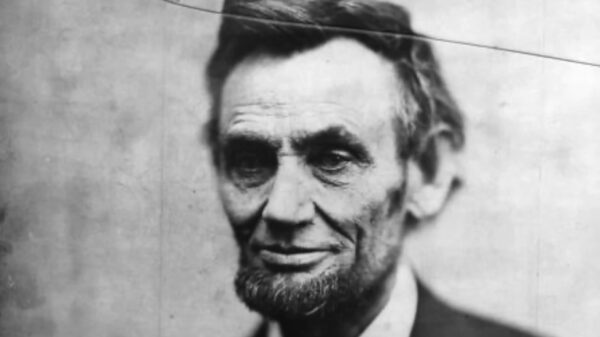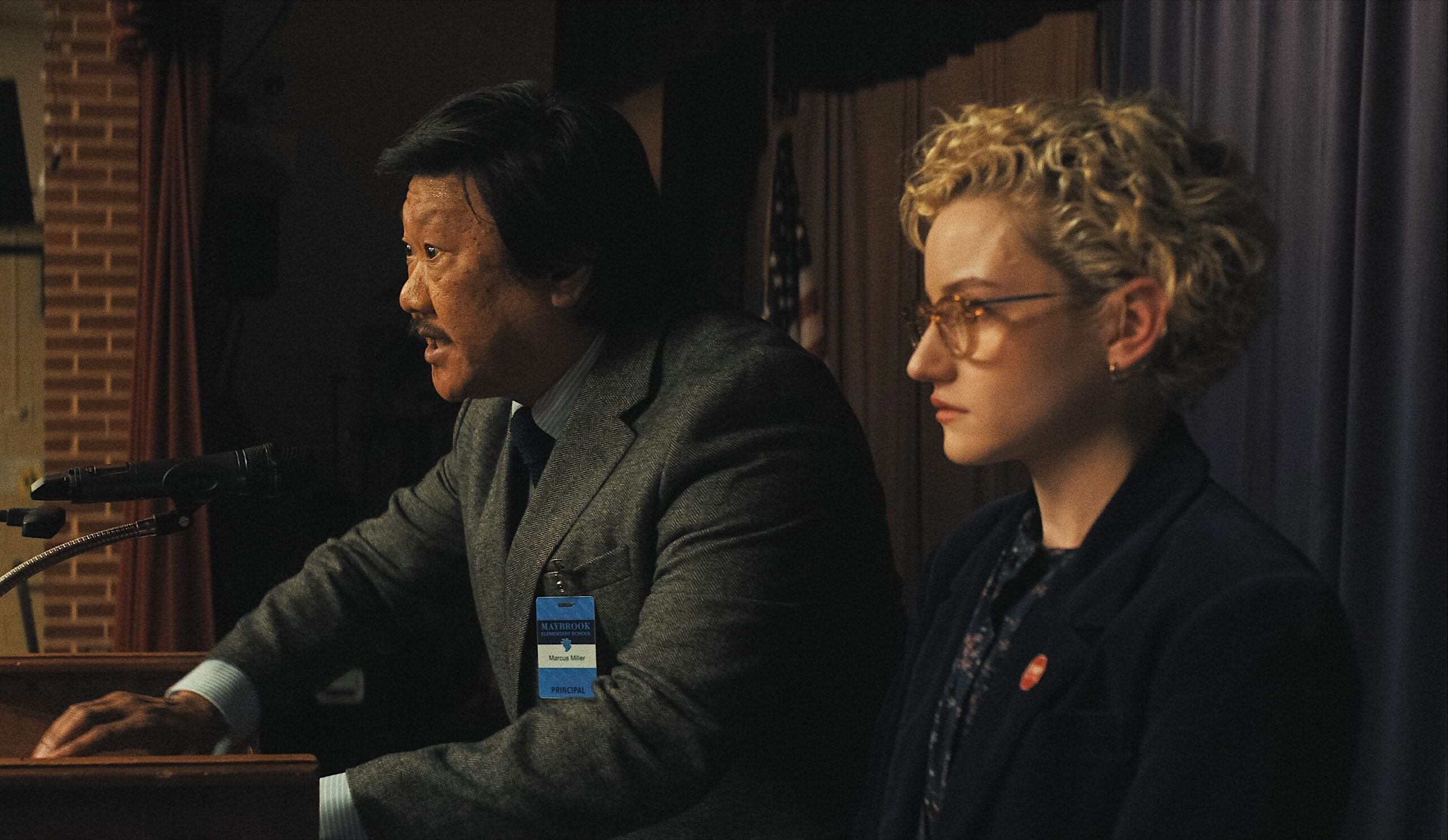Zach Cregger’s new horror film, Weapons, captivates audiences with its intricate narrative and thematic depth. The movie presents a chilling mystery involving 17 children who vanish simultaneously at 2:17 a.m., leaving viewers to ponder the significance of their sudden disappearance. Cregger, known for his unique storytelling, intertwines personal experiences with broader societal messages, creating a film that resonates on multiple levels.
The premise of Weapons delves into the filmmaker’s own life, particularly his family background and the impact of grief. Cregger has openly discussed how his family’s struggles with alcoholism and the loss of a close friend influenced the film’s creation. While he acknowledges the potential for viewers to interpret various themes, he emphasizes that his primary goal is to entertain. “I hope people have fun, honestly. It’s not really my business what people make of the movie,” he stated in a recent interview.
Exploring Themes of Grief and Society
The film’s dreamlike imagery and its portrayal of political undertones invite diverse interpretations. Critics note that the juxtaposition of horror elements with personal narratives allows for a richer viewing experience. The metaphorical use of guns throughout the film raises questions about violence and societal issues, yet Cregger remains focused on the enjoyment of the audience rather than the depth of the underlying messages.
Cregger’s approach to filmmaking reflects a balance between personal storytelling and broader commentary. He recognizes that while some viewers may see reflections of his life experiences, others might simply appreciate the thrill of a well-crafted horror film. This duality plays a significant role in the film’s appeal, allowing it to attract a wide range of audiences.
A Personal Touch in a Genre Landscape
The horror genre often explores complex themes such as fear, loss, and societal fears, and Weapons aims to contribute to that landscape. By intertwining his personal narrative with genre conventions, Cregger positions himself as both a storyteller and a commentator on contemporary issues.
As the film continues to garner attention, reviews highlight its unique blend of suspense and introspection. Audiences are left to navigate the surface-level horror while digging deeper into the emotional and societal implications woven throughout the plot.
In an era where horror films frequently reflect societal anxieties, Weapons stands out for its willingness to confront personal demons alongside broader cultural critiques. With Cregger at the helm, this film promises to be both a thrilling ride and a thought-provoking exploration of the human experience.
As viewers engage with the film, the conversation around its themes and messages is likely to evolve, making Weapons a significant entry in the horror genre. Whether audiences find meaning in its layers or simply enjoy the adrenaline of the horror, Cregger’s intention remains clear: to entertain while reflecting on the complexities of life.






































































